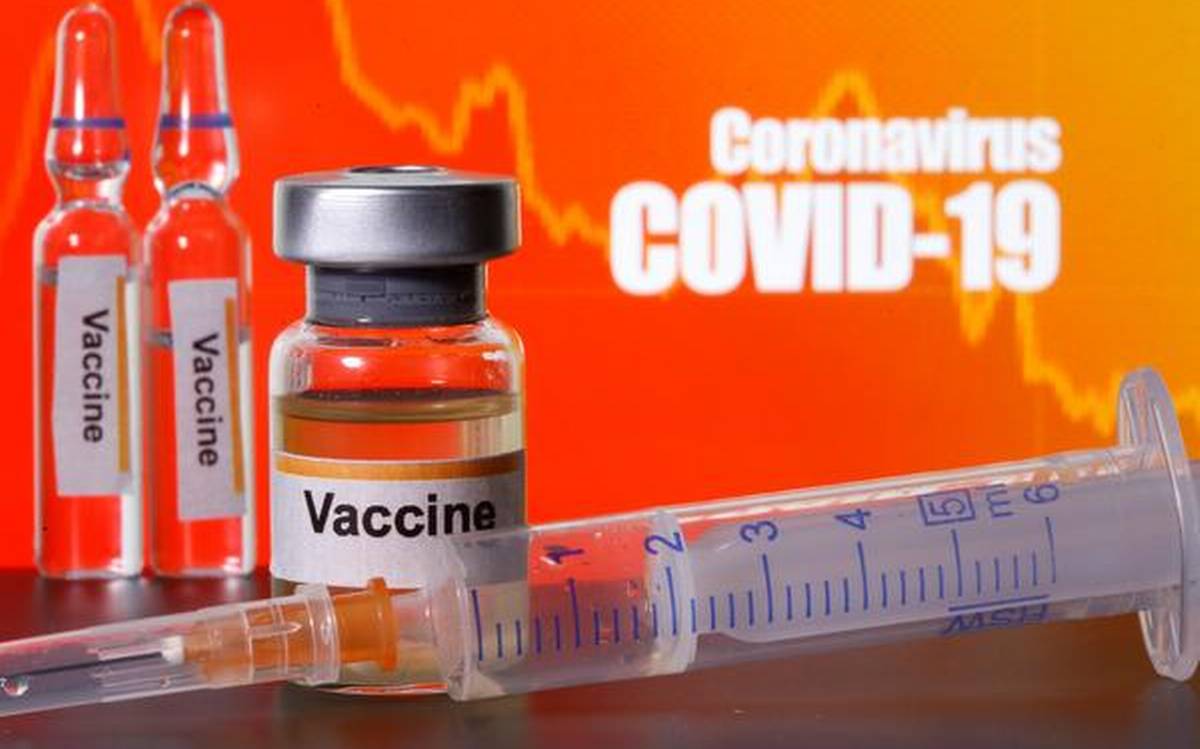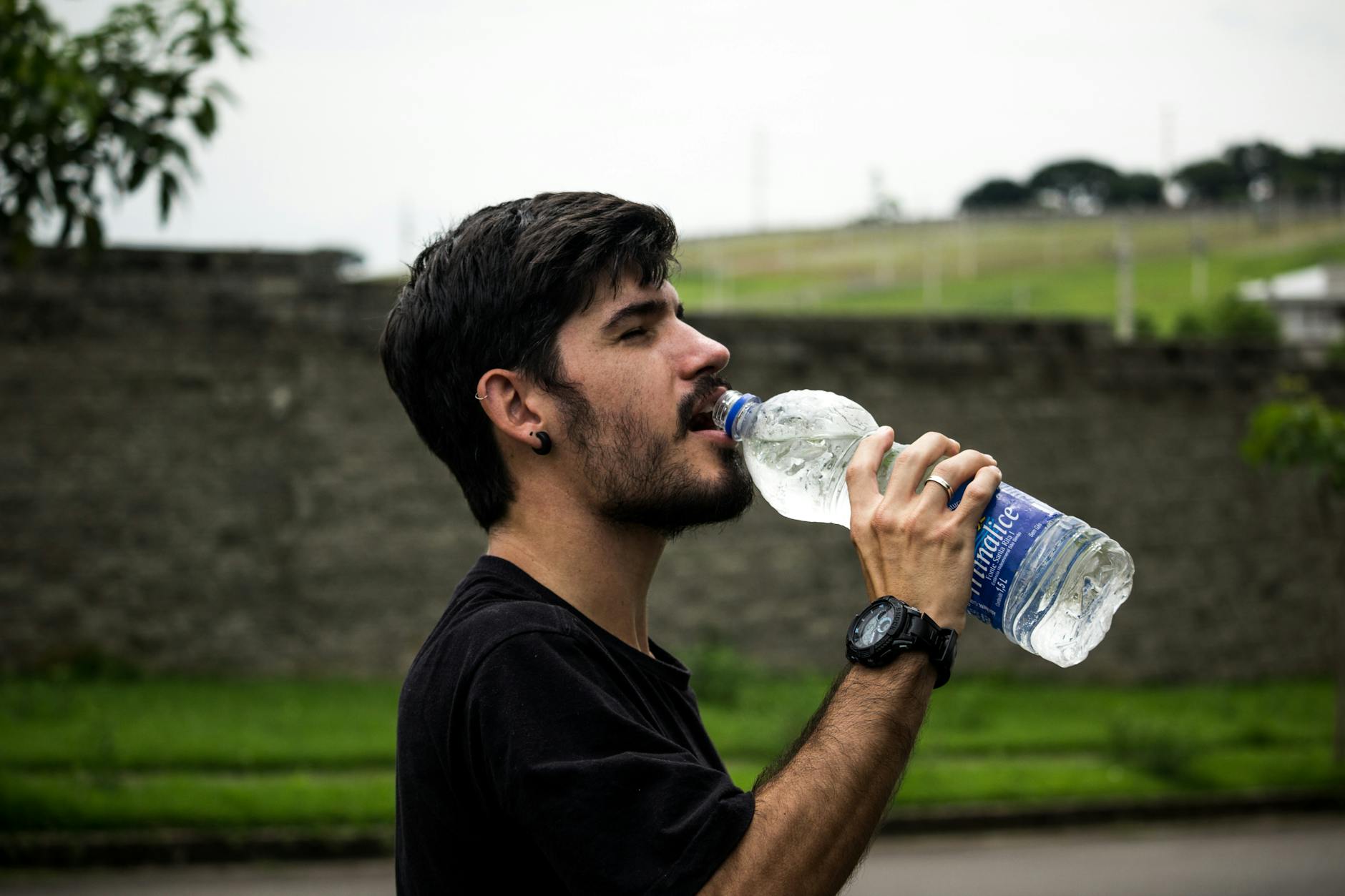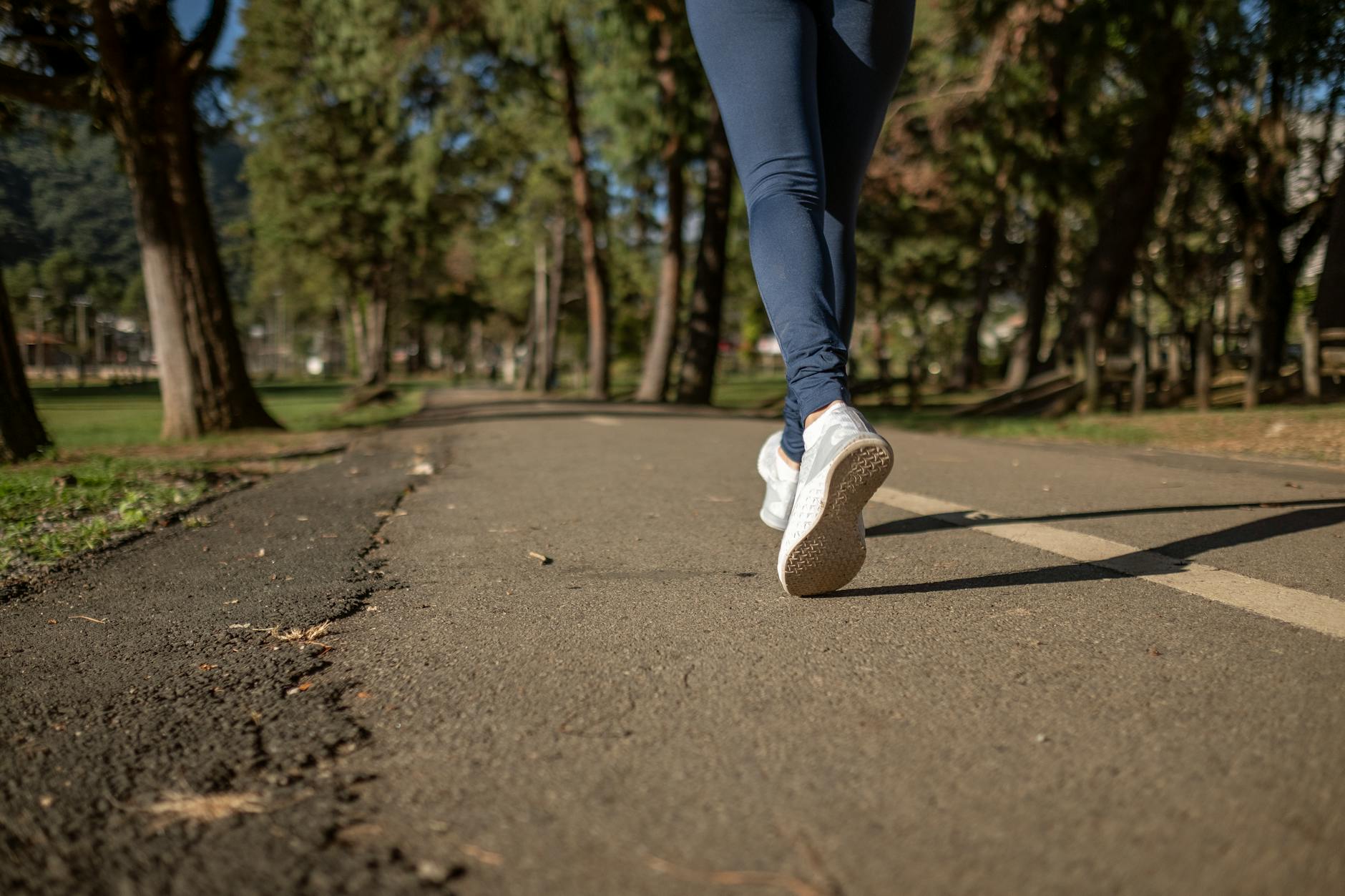Officially dubbed AZD1222, the vaccine is being jointly developed by Oxford university and pharma giant AstraZeneca. It is one of the biggest COVID-19 vaccine projects in the UK and has been made from a weakened, genetically-modified version of a common cold virus, or adenovirus, that causes infections in chimpanzees, but cannot grow in the human body.
Effectiveness and safety
The vaccine was prepared in March and went into the clinical trials by April. These studies, as we have discussed, revolve around administering the vaccine candidate on human volunteers to judge how effectively and safely it can prevent them from becoming infected and unwell from coronavirus. The tests are carried out in three phases, and right now, Oxford is moving in the final one.
Promising results
While the human trial results are yet to be published, the animal studies have shown promise. The team said that they conducted “a rapid yet thorough investigation” of a single dose of the vaccine in the rhesus macaque model and demonstrated “good safety and efficacy.” In those tests, the shot could not prevent the infection but protected the animals from getting severely sick.
This vaccine has shown very good results in trials with chimpanzees, and has already moved on to the next phase of human trials Adrian Hill, the Director of the Jenner Institute at the University of Oxford Institute leading the work, said.
When it could become available?
Previously, it was suggested that the vaccine could be made available by September of this year. But, just recently, Hill told in a webinar that October 2020 is the best-case scenario. If all goes according to the plan, the teams will have the results by August and September, and will be able to start deliveries a month later.
India will also get this vaccine
AstraZeneca has signed deals to supply 400 million doses of the vaccine to the UK and the US, 300 million doses to CEPI, Gavi Vaccine Alliance, 400 million doses to Europe’s Inclusive Vaccines Alliance, spearheaded by Germany, France, Italy, and the Netherlands. Separately, it has contracted with the Serum Institute of India to supply a billion doses for low-to-middle income countries, including India.



